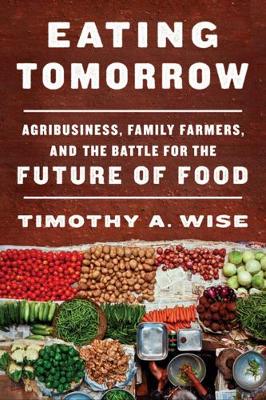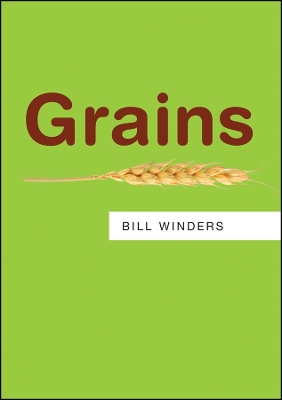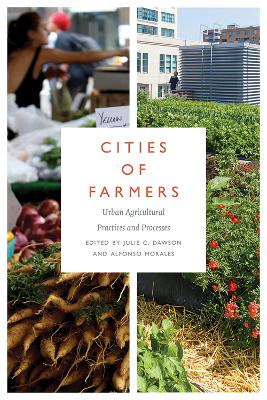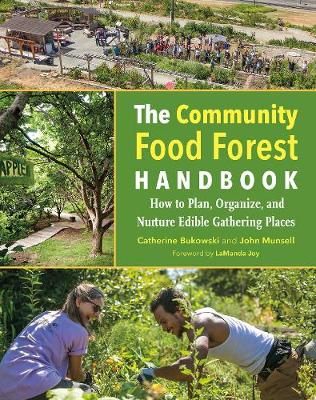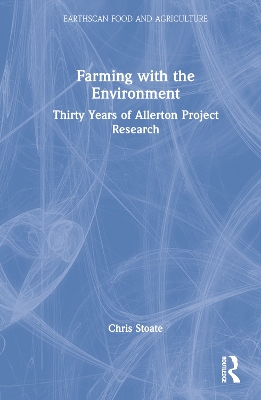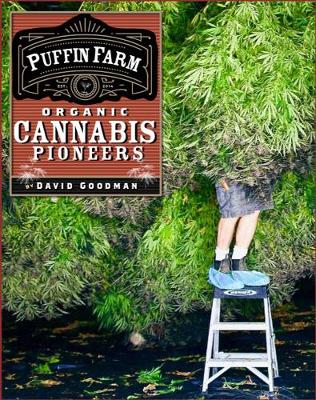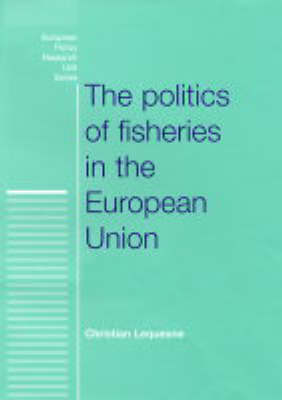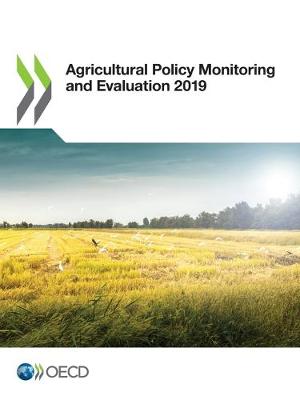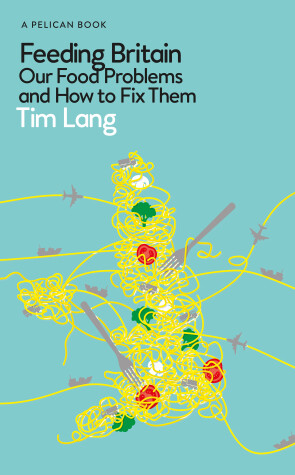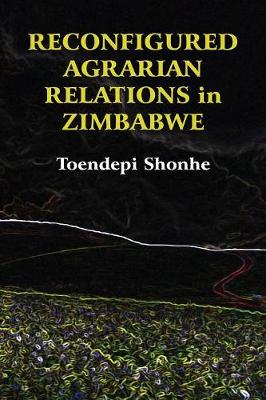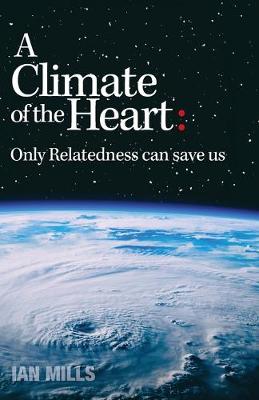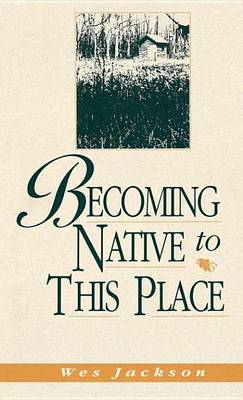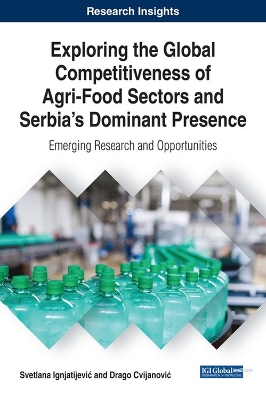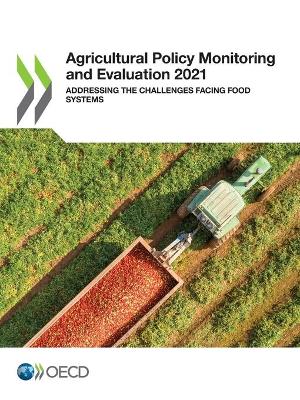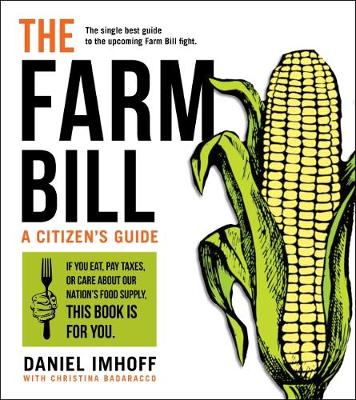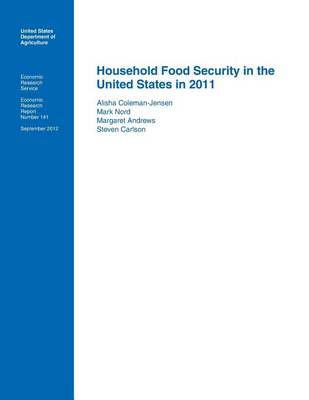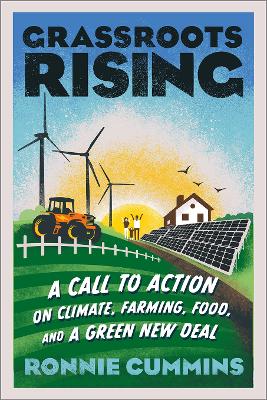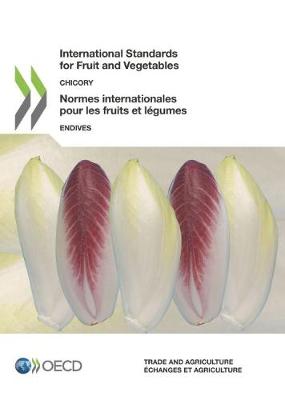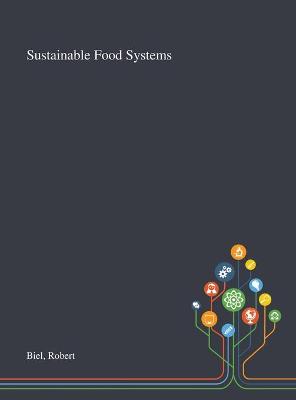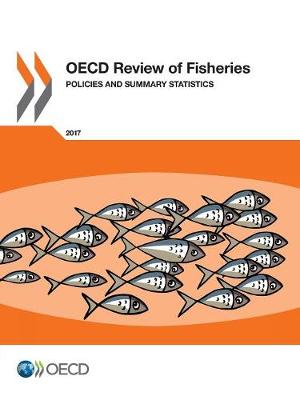Mahatma Gandhi redefined nutrition as fundamental to building a more just world. What he chose to eat was intimately tied to his beliefs, and his key values of nonviolence, religious tolerance, and rural sustainability developed in tandem with his dietary experiments. His repudiation of sugar, chocolate, and salt expressed his active resistance to economies based on slavery, indentured labor, and imperialism.Gandhi’s Search for the Perfect Diet sheds new light on important periods in Gandhi’s li...
Reporting from Africa, Mexico, India, and the United States, Timothy A. Wise's Eating Tomorrow discovers how in country after country, agribusiness and its well-heeled philanthropic promoters have actually exacerbated food crises. Most of the world, Wise reveals, is fed by hundreds of millions of small-scale farmers, people with few resources and simple tools but a keen understanding of what and how to grow. These same farmers - who already grow more than 70 percent of the food eaten in developi...
Grains - particularly maize, rice, and wheat - are the central component of most people’s diets, but we rarely stop to think about the wider role they play in national and international policy-making, as well as global issues like food security, biotechnology, and even climate change. But why are grains so important and ubiquitous? What political conflicts and economic processes underlie this dominance? Who controls the world’s supply of grains and with what outcomes? In this timely book, Bi...
Cities of Farmers
Full-scale food production in cities: is it an impossibility? Or is it a panacea for all that ails urban communities? Today, it's a reality, but many people still don't know how much of an impact this emerging food system is having on cities and their residents. This book showcases the work of the farmers, activists, urban planners, and city officials in the United States and Canada who are advancing food production. They have realized that, when it's done right, farming in cities can enhance th...
The Community Food Forest Handbook
by Catherine Bukowski and John Munsell
Fueled by the popularity of permaculture and agroecology, community food forests are capturing the imaginations of people in neighborhoods, towns, and cities across the United States. Along with community gardens and farmers markets, community food forests are an avenue toward creating access to nutritious food and promoting environmental sustainability where we live. Interest in installing them in public spaces is on the rise. People are the most vital component of community food forests, but w...
Farming with the Environment (Earthscan Food and Agriculture)
by Chris Stoate
This book examines, discusses and shares over 30 years’ worth of research from the Allerton Project, a research and demonstration farm in the UK which has been carrying out applied interdisciplinary research to explore and explain the need to adapt the management of farmland for environmental protection and to provide public benefits. Designed to provide guidance, feedback and recommendations to farmers, practitioners and policymakers, the Allerton Project is an exceptionally well-documented ca...
The Politics of Fisheries in the European Union (European Politics)
by Christian Lequesne
In analysing the fisheries sector, this book explores key issues relating to the EU polity as a whole, including the distribution of power, the representation of interests at national and transnational levels, the allocation of budgets and resources, and the EU's place as an actor on the global stage. In this way Lequesne uses the Common Fisheries Policy to provide a varied illustration of European policy in action. The scholarship is based on high-quality research, carefully conducted and artic...
Agricultural policy monitoring and evaluation 2019
How does Britain get its food? Why is our current system at breaking point?How can we fix it before it is too late?British food has changed remarkably in the last half century. As we have become wealthier and more discerning, our food has Europeanized (pizza is children's favourite food) and internationalized (we eat the world's cuisines), yet our food culture remains fragmented, a mix of mass 'ultra-processed' substances alongside food as varied and good as anywhere else on the planet.This...
Becoming Native to This Place (Blazer Lectures)
by Director Wes Jackson
The agricultural and food sectors have developed into a prominent industry, impacting economic markets on an international scale. In certain regions, there is a significant potential for creating increased competitive advantage in these business areas. Exploring the Global Competitiveness of Agri-Food Sectors and Serbia's Dominant Presence: Emerging Research and Opportunities includes academic coverage and perspectives on enhancing the competitiveness of the Serbian food industry in the global...
The Farm Bill is one of the most important pieces of legislation the American president signs. Negotiated every five to seven years, it has tremendous implications for food production, nutrition assistance, habitat conservation, international trade, and much more. Yet at nearly 1,000 pages, it is difficult to understand for policymakers, let alone citizens. In this primer, Dan Imhoff and Christina Badaracco translate all the "legalease" and political jargon into an accessible, graphics-rich 200...
"Regenerative agriculture is going to be a key phrase in the decades ahead and this book will get you in on the ground floor, so to speak. Not much could be more important!" Bill McKibben, author of Falter Wondering what you can do to help address the global climate crisis? Joining the Grassroots Rising 'Regeneration Revolution' might be the best first step... Grassroots Rising is a passionate call to action for the global body politic; providing practical solutions for how to survive -...
International standards of fruit and vegetables (International Standards for Fruit and Vegetables)
OECD review of fisheries
"Her great virtue as an advocate is that she is not a reductionist. Her awareness of the complex connections among economy and nature and culture preserves her from oversimplification. So does her understanding of the importance of diversity." - Wendell Berry, from the foreword Motivated by agricultural devastation in her home country of India, Vandana Shiva became one of the world's most influential and highly acclaimed environmental and antiglobalization activists. Her groundbreaking research...

